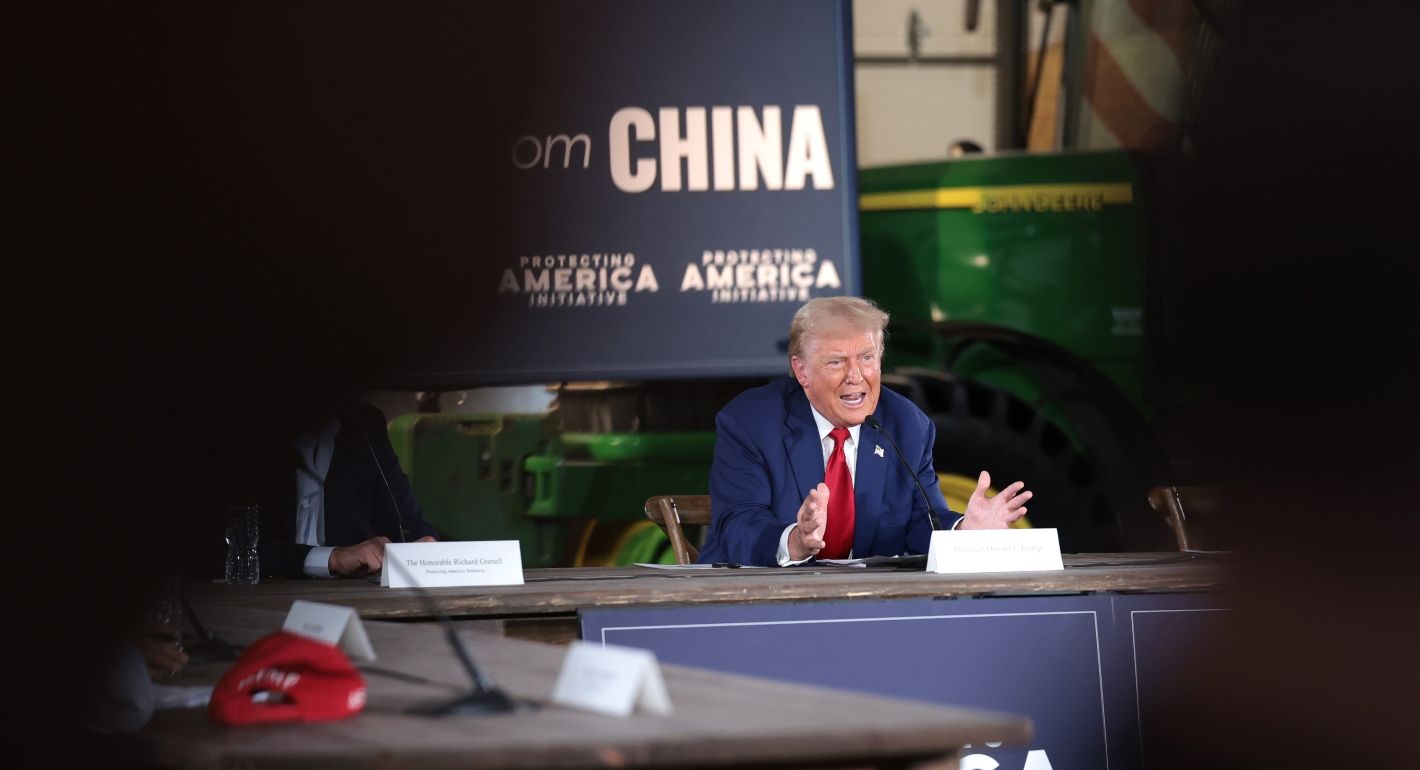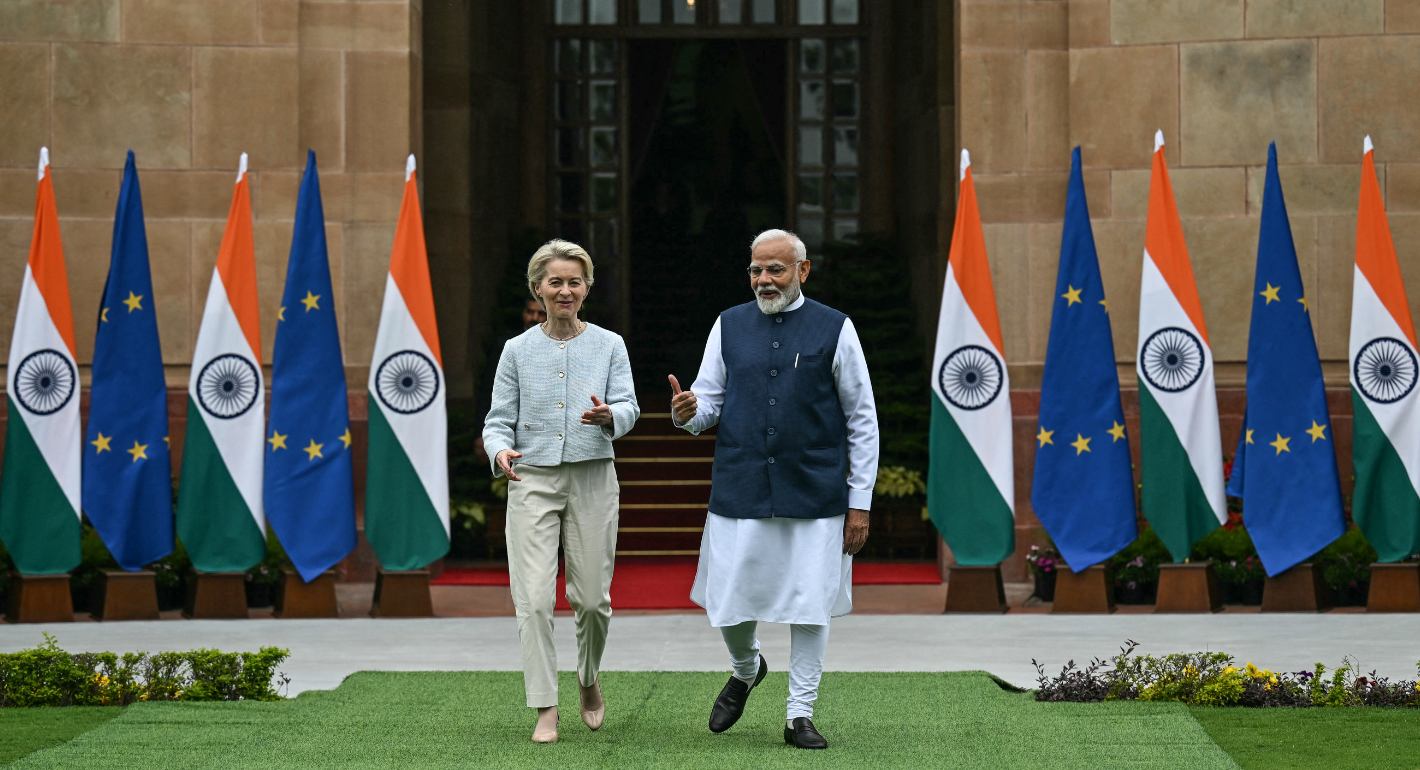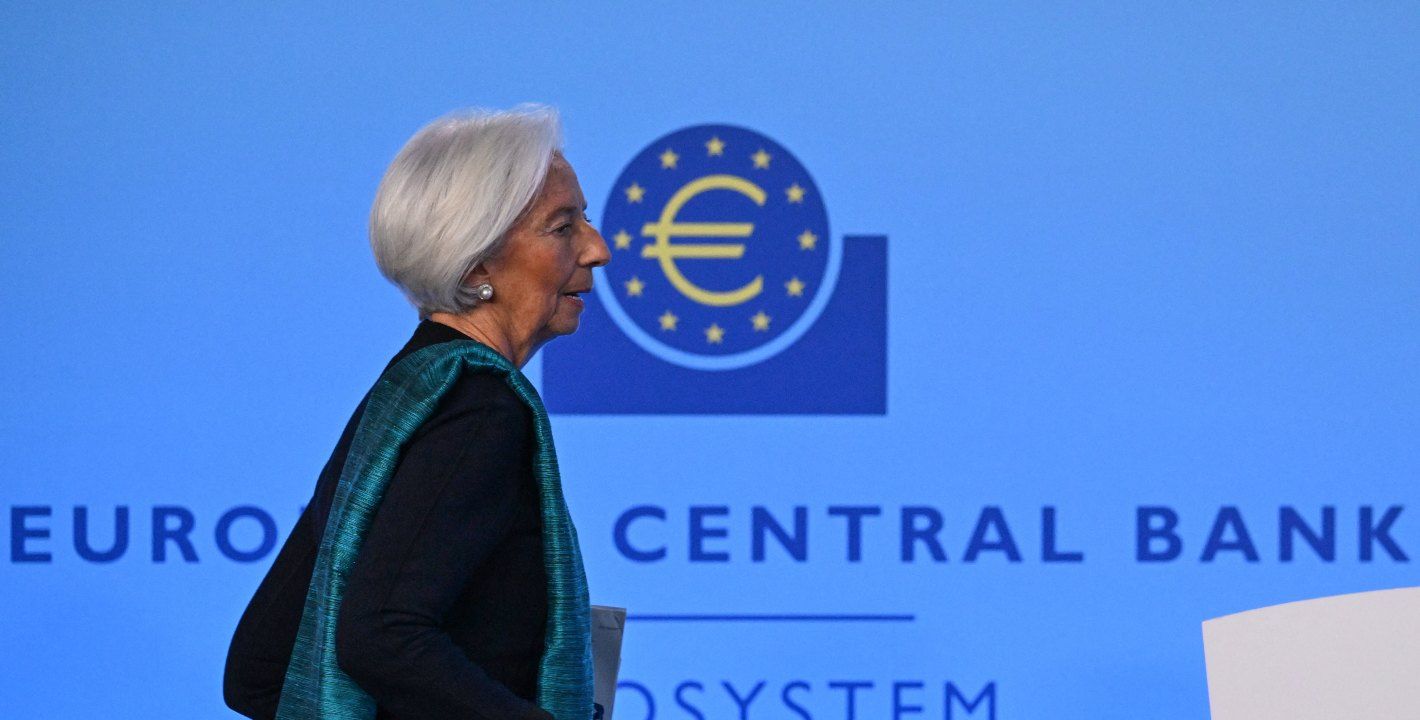When it comes to China, the United States and Europe seem to increasingly be on a collision course. While they have shared concerns, their approaches are markedly different and will remain so, especially in light of U.S. President-elect Donald Trump’s preference for a transactional, protectionist, America-first agenda.
The Europeans are still hoping to maximize economic benefits with marginal derisking and safeguard a path for engagement with Beijing. Meanwhile, Trump’s cabinet nominations so far indicate a preference for a confrontational China policy, even at the expense of other strategic issues such as Russia or European prosperity.
This is happening at a time when the EU and United States have increasingly divergent strategic imperatives and priorities, and the transatlantic relationship is beset by mutual accusations of disloyal competition. The Europeans see U.S. President Joe Biden administration’s Inflation Reduction Act subsidies as unfairly undermining European industry, while Trump has long viewed the transatlantic trade relationship as favoring Europe.
Europe is acutely aware of its precarious position: its economy is underperforming, and its defense and security is still reliant upon the United States. A return of American transactional, protectionist policies will impact European security and potentially prosperity. This calls for a recalibration of the transatlantic relationship, particularly as China emerges as the central challenge in trade, technology, and security, which have been pillars of the Euro-American alliance.
Both Europe and the United States face a pivotal moment where prosperity, security, and sustainability hang in the balance, with China becoming a central player in this equation. The war in Ukraine and Beijing’s support for Russia’s war efforts have further complicated these dynamics, underscoring the urgency of a coordinated transatlantic response to the multifaceted challenges posed by China.
As Washington grows wary of EU leaders hedging and benefiting from both the Chinese economy and the U.S. security guarantee, Europeans will face growing pressure from the United States. This raises the risk of fragmentation within Europe and undermines its ability to maintain a coherent and credible voice in Washington on China.
Beijing is not just a foreign policy challenge; it has become a domestic issue for Europe and the United States. The American, European, and Chinese economies are deeply intertwined and any China policy needs to balance the potentially dire domestic consequences on employment, economic growth, long-term competitiveness and sustainability as well as security.
While Europe shares U.S. concerns over Chinese trade practices and the implications of tech dependency on Beijing for national security, it is still committed to a negotiation-based approach that seeks to balance competition with engagement. The European approach to the China challenge will not align with that of the United States. The divisions within Europe on China—over issues like electric vehicles—further complicate efforts to forge a unified transatlantic strategy.
As inflation rises and economic recovery remains uneven on both sides of the Atlantic, the challenge of protecting the middle class becomes more pressing. Europe is still grappling with its limited leverage while it confronts the need to defend its economic interests without overreacting to what it perceives as systemic competition from China.
While transatlantic partners have developed a solid joint analysis on the trajectory of China, the divergences between the endgames of the United States’ China policy and that of Europe call into question the transatlantic convergence on China. These tensions between calibrated engagement and containment highlight the asymmetries in the transatlantic partnership, with both sides vying for a coherent strategy that addresses their unique concerns.
To tackle the China challenge effectively, Europe and the United States must embrace a competitive convergence that acknowledges their diverging priorities while advancing common goals and creating the basis for a transatlantic deal on China. Securing supply chains on critical raw materials with sectoral agreements, developing common standards on new technology, and harmonizing economic security measures such as export controls could be among those common objectives.
The urgency of a unified Euro-American front against China cannot be overstated. Both sides must recognize that their approaches to trade, technology, and security are inextricably linked, and that their divisions will only embolden Beijing. Trade-offs will have to be made to reach some common ground on China. Europe will have to adopt a more assertive stance, not only in terms of economic policy but also in articulating its strategic interests and taking over more responsibility for its own security. Understanding and developing its own approach to burden-shifting will also be critical, especially as the United States reduces its defense spending and refocuses on the Indo-Pacific region. This requires avoiding the scenario of a dormant NATO or a European security architecture shaped by the United States without the Europeans at the table.
Furthermore, Europe will have to craft a more robust economic security strategy that integrates both defensive measures against Chinese practices and opportunities for collaboration in technology and trade. Using these instruments in a systematic manner but also in coordination with the United States will be key. Similarly, Europe will be tested on its capacity to rebalance its technology entanglement with China and restrict technology flows to China.
The United States will have to rebuild trust by coordinating its defensive measures with Europe. One way to do this is joining forces on trade disputes. However, this cannot start with a trade war with Europe, launching 10–20 percent tariffs across the board. Finding a way to secure sectoral trade agreements and supply chains, especially in light of the fundamental disagreements over the World Trade Organization, should be the starting point of a renewed transatlantic relationship.
Both Europe and the United States must move beyond outdated notions of alignment and instead focus on forging a new transatlantic deal on China that advances a new paradigm of cooperation—one that is flexible enough to accommodate their unique perspectives and interests while uniting them in how they deal with China. As the geopolitical landscape shifts, the need for decisive action has never been more urgent. The time for Europe and the United States to step up is now.
Abigaël Vasselier is director for policy and European affairs at MERICS.
Tara Varma is a visiting fellow at the Brookings Institution.









